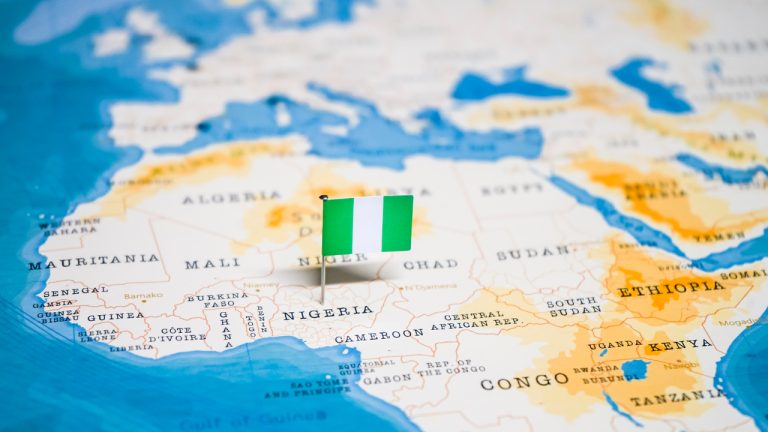
The Nigerian government declared a food price emergency after the latest data from the National Bureau of Statistics (NBS) showed that the country’s inflation rate had gone up by 0.38% to 22.79%. The NBS said the June inflation figure does not “fully capture the impact of the fuel subsidy removal and the unification of the exchange rate.”
Naira Depreciation
According to data from the Nigerian National Bureau of Statistics, the country’s June inflation rate rose to 22.79%. The nearly 0.4% increase from the May figure of 22.41% is the sixth consecutive time the rate has gone up prompting the Nigerian government to declare a food price emergency.
In its latest report, the NBS also said the West African nation’s “headline inflation rate was 4.19% points higher compared to the rate recorded in June 2022, which was 18.60%.” The data from NBS also showed that in the past twelve months, Dec. 2022 is the only month when the inflation rate dropped.
The June Consumer Price Index (CPI) numbers may not fully capture the impact of the fuel subsidy removal and the unification of the exchange rate.
— NBS Nigeria (@NBS_Nigeria) July 17, 2023
In the past, Nigerian authorities have attributed the surge in the inflation rate to the depreciation of the naira. However, after Bola Ahmed Tinubu was inaugurated as Nigeria’s president in late May, his government honored its pledge to remove the decades-old subsidy on fuel. Removal of the subsidy saw the price of petrol reportedly rise by more than 100%.
Impact of Subsidy Removal
Commenting on the likely impact of the subsidy removal, the NBS suggested in a tweet that the data captured does not fully account for what has happened since the price of petrol went up. The statistical body added:
This is because the data collection for computing the rate for the reference month typically stops around the middle of the month, meaning that the June numbers only reflect approximately two weeks of the policy impact on consumer prices.
According to NBS, the full effect of the policy change will only be seen “in subsequent months.”
In addition to the subsidy removal, the devaluation of the naira in early June from just under NGN470 per dollar to more than NGN700 per dollar is also believed to have contributed to the marginal increase in the inflation rate.
Register your email here to get a weekly update on African news sent to your inbox:
What are your thoughts on this story? Let us know what you think in the comments section below.
Bitcoin News

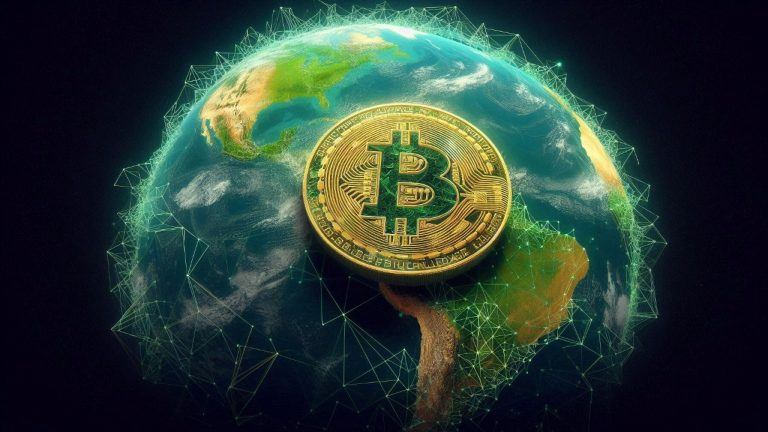
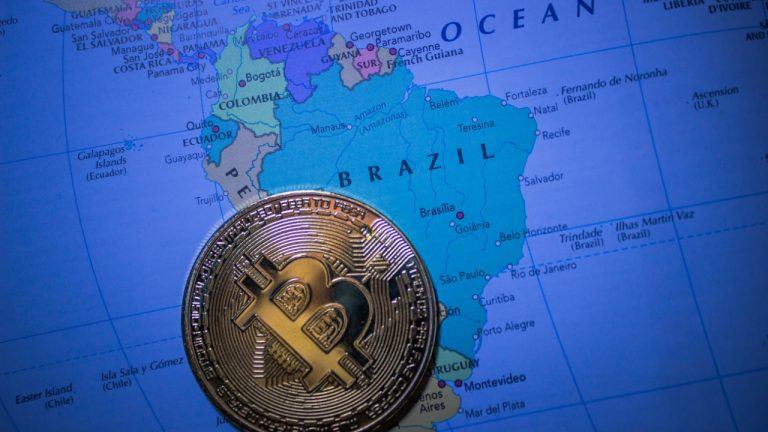
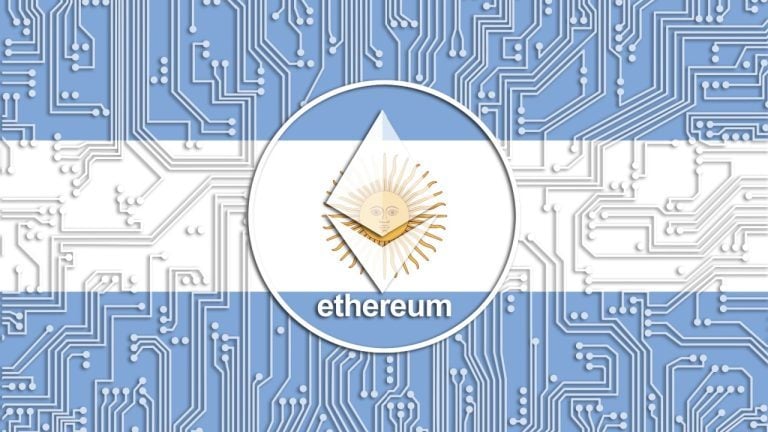
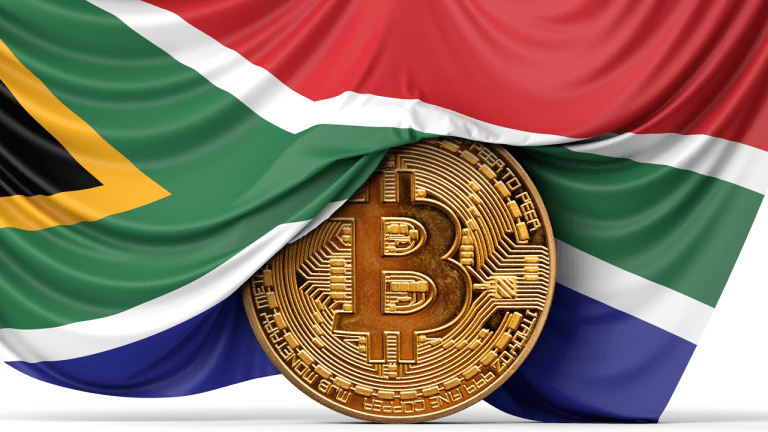


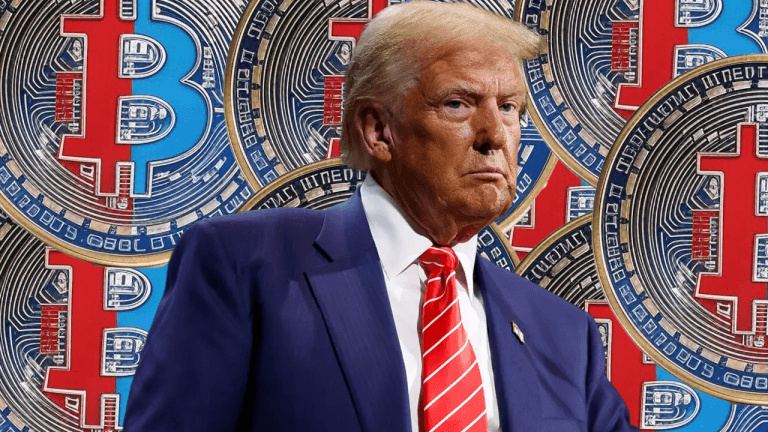
Leave a Reply
You must be logged in to post a comment.